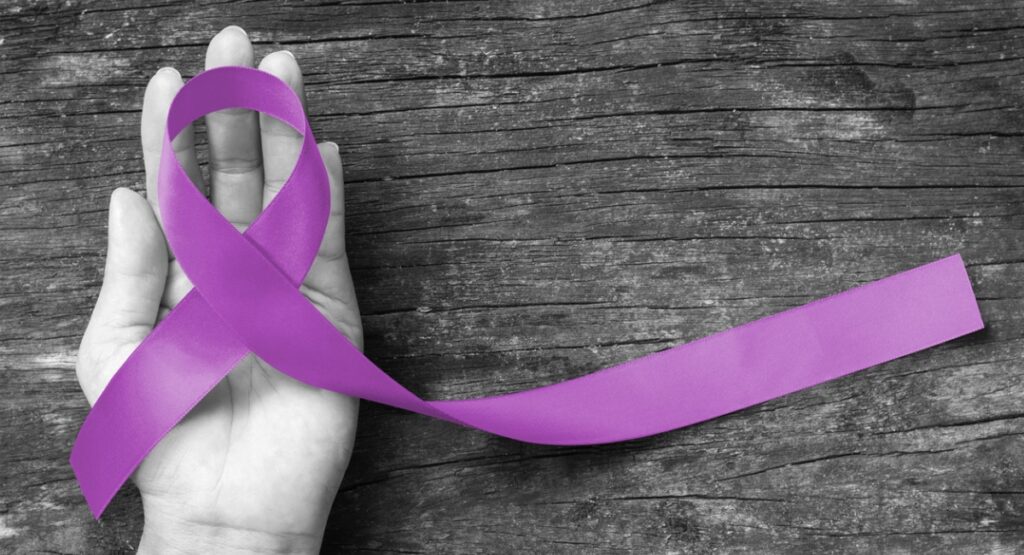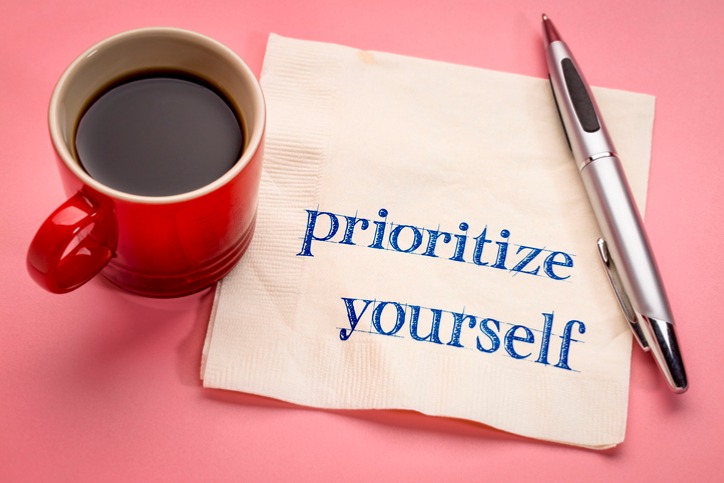How to care for yourself while taking care of others

Caregivers, this is for you. Even before the pandemic, more than 16% of the US population was providing unpaid care to an adult 18 years or older, including family members with Alzheimer’s or dementia. Women make up about 75% of those caregivers, and they put in the work while juggling jobs, children, and ongoing domestic-task overload. With COVID back on the rise, caregivers are under additional pressure to care for and protect their loved ones. If you’re a caregiver, the stress may seem relentless, and you may be: having trouble sleeping under/over-eating self-medicating with alcohol or drugs canceling (or not even booking) your own doctors’ appointments That’s because when you’re a caregiver, caring for yourself tends to happen only after everyone else’s needs have been…







